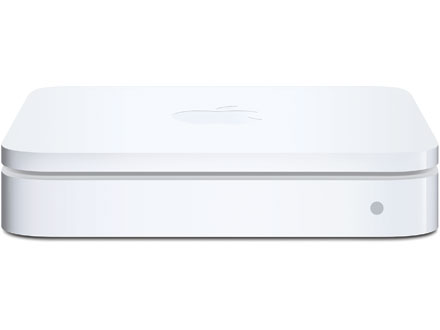
Apple has now fully exited the wireless router business. The company had previously stopped selling the AirPort Express router, and now Apple’s website and retail stores will no longer carry the AirPort Extreme or AirPort Time Capsule models. Users interested in the Apple-made router will have to turn to other retailers, third-party sellers, or eBay to find any remaining inventory before it sells out for good.
When Apple debuted its AirPort line, the routers offered a modern, stylish alternative to most routers on the market with their black, boxy designs containing a protrusion of antennas. The AirPort routers feature Apple’s aesthetics and are designed to complement the Mac inside the home. However, since then, newer alternatives that offer a similarly attractive design but come with more features have emerged. Mesh networks from Eero, Google, Huawei, Netgear, Linksys, and others have an attractive design and can blanket the whole house in Wi-Fi signal so you won’t have any dead spots.
Apple has not announced a true challenger to these new mesh networking equipment. Apple’s AirPort Time Capsule made backing up important files easy by including a hard drive inside the router. As an alternative, users can either connect a hard drive to their routers, purchase a network-attached storage (NAS) device, or rely on the cloud for backups. Apple also provides its own cloud-based storage in the form of iCloud, and unlike the Time Capsule, Apple sells iCloud as a subscription plan, which will give the company an ongoing revenue stream as long as Apple users maintain a paid subscription. For users, iCloud also offers more convenience, as files can be accessed anywhere and on any device, and ythere’s also access to the latest version of your files.
Even though Apple has discontinued the AirPort line, 9to5 Mac reported that the company will continue to support existing users. The company will push out software updates to address security fixes or stability issues as needed.
If you’re in the market for a new router, be sure to check out our picks for the best routers on the market today. There are more choices for a stylish home router today than when the AirPort debuted.


